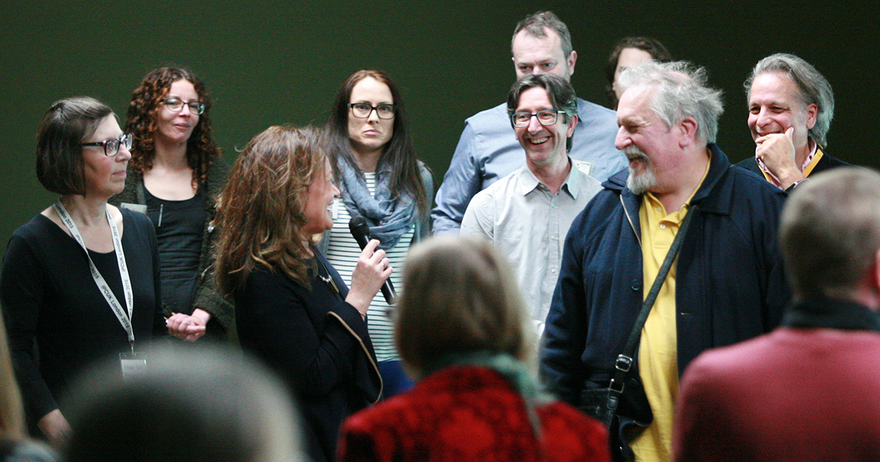The Road from Wigan Pier

“For this is part at least of what industrialism has done for us. Columbus sailed the Atlantic, the first steam engines tottered into motion, the British squares stood firm under the French guns at Waterloo, the one-eyed scoundrels of the nineteenth century praised God and filled their pockets; and this is where it all led – to labyrinthine slums and dark back kitchens with sickly, ageing people creeping round and round them like blackbeetles.”
George Orwell, The Road to Wigan Pier
Eighty years ago George Orwell wrote The Road to Wigan Pier, which detailed the horrors of 20th century capitalism in what was then the richest country in the world, Great Britain. The appalling conditions he described were not atypical of any industrial city in Great Britain, and indeed the world. The Road to Wigan Pier woke up the world to the hidden (at least to the wealthy in London) results of a system that was immensely profitable for a small minority while bringing misery to the many.
A few weeks ago a group of representatives of UK grass roots social, political, and economic change agents met in Wigan to challenge the current abuses the system (arguably the same system as George Orwell wrote about) visits on the many for the benefit of a very tiny minority, the infamous 1%. Only this time ‘round there is a new twist in the narrative of social and economic injustice. This new twist is the ecological degradation that the Industrial Growth Society visits on the Earth ecosystems. Gaia Education was one of the organisations represented.
It is no great secret that while 21st century industrial capitalism is extraordinarily successful and resilient and has provided many with a decent way of life in the Global North at least (a far cry from the conditions that George Orwell wrote about 80 years earlier) but at a cost to many around the world and the afore mentioned ecosystems. It is also no secret that the deleterious effects of this social, economic, and political system are no accident or mistake, but rather part and parcel of these systems.
The reason why this gathering of grass roots organisations was so important was the recognition that we are facing systemic problems, problems which can only be solved at a systemic level. There was a general recognition that as we are facing a large, well resourced and powerful system which those who are profiting from can and will defend, that our individual efforts are bound to fail. However our collective and coordinated efforts just might be more successful.

CTRLshift – En emergency Summit for Change was held in Wigan, in a effort to highlight the enormity of the tasks we are facing, and to issue both a rallying cry to others to join us, but also to sound an alarm that as grass roots change agents we are failing to stem the tide of ecological destruction, social and economic inequality, and political inertia. We are seeing the failings of our system in many ways; making many of us sick both physically and mentally, the early effects of climate change, and economic and political systems run for the benefit of the few.
As with any new initiative this is an experiment, and there is no guarantee that the good will and hard work that was in evidence over the three days of the emergency summit in Wigan will make a difference. However we created six working groups who are all tackling some of the deeper systemic issues facing us. These working groups are mapping grass roots change initiatives, creating light touch, low resource but highly functioning ecosystem of organisations and initiatives and networks, to the planning of another gathering and imaginative actions that will bring publicity, and fire the public’s imagination and yearning for a better world for all.
As one of the organisers and movers of the Wigan Summit, I am astounded with how far a group that had never met, and who embodied many diverse ways of working and collective cultures were able to create the framework for the work ahead. Now the hard work of establishing our collective ways of working (which must be robust enough to enable workers in multiplicational, virtual work teams) creating a functional organisation capable of taking this initiative to the next step. Both our internal and external communications must be co created by the new partners. Governance structures which so far have been fine for our small group will need upgrading. Questions of power, ownership (and indeed membership), and accountability all need addressing. We have a way to go, but as other networks or ecosystems of grass root change agents emerge in other parts of the world (see here and here), I feel hope and optimism that we can do what we have set out to do. Visit CTRLshift Summit for updates. And join us for our next summit, which we are planning for the day the UK Brexit’s the EU (or not!), 29 March 2019.


0 comments
Leave a comment